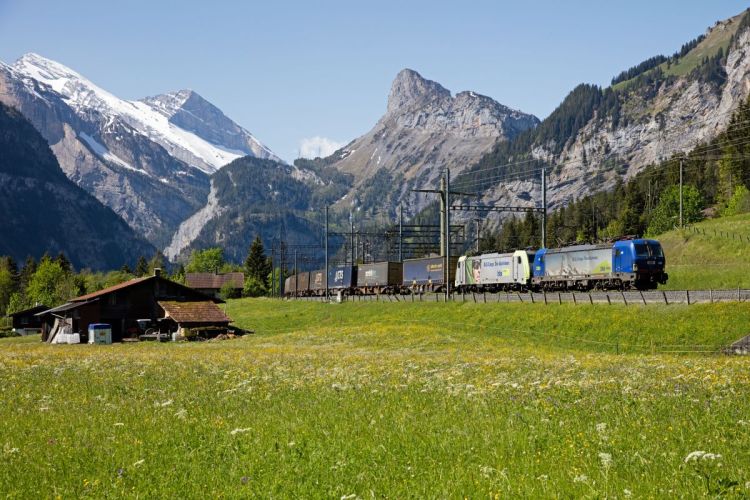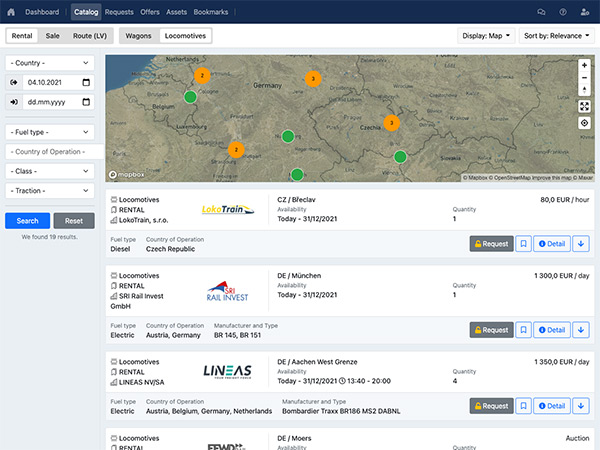Rail freight through the Alpine corridors faces significant obstacles as two key tunnels - Frejus and the Gotthard Base Tunnel (GBT) - remain partially or completely closed, disrupting key logistical routes. The Frejus tunnel, which was hit by a landslide in August, is expected to remain closed until the end of 2024. At the same time, the GBT, which was partially closed following a derailment in the same month, is not expected to be fully operational again until September 2024. These closures are having a significant impact on rail freight operators and the sector as a whole, requiring strategic support measures to mitigate the negative effects.
ERFA President, Dirk Stahl, stated, “Trans-alpine freight traffic is extremely reliant on railway tunnels. The closure of one tunnel, never mind two, creates significant difficulties in keeping freight transportation moving. What is important now is that works proceed to re-open the tunnel. Additionally, prioritization in allocation of remaining capacity to rail freight, as well as short term reduction of track access fees, are crucial to ensure the closures do not do lasting damage to the rail freight sector in the region”.
Nearly 170 million tonnes of goods cross the Alpine passes to Austria, Switzerland, and France by rail every year. Efficient rerouting of traffic in the event of a complete failure of the axis remains unlikely, especially given the interoperability challenges.
The direct cost of these closures to Italian railway operators is estimated at around €50 million per year, with long-term estimates rising to an additional €140 million. As Italy's logistics sector relies heavily on rail for more than 30% of its freight traffic through the Alpine corridors, these closures have caused system-wide strains affecting the entire rail freight and logistics network. Both the Frejus and the Gotthard tunnels are key axes in European logistics.
The main measures proposed by ERFA are:
- Rapid reopening of the Frejus and GBT tunnels with concerted financial and operational efforts by infrastructure companies and national authorities.
- Prioritizing rail freight in the event of capacity constraints to ensure the logistical supply of the European economy.
- International reviews of planned construction works to secure capacities and explore alternative routes to alleviate the impact of delays.
- Freezing or reviewing current track access charges to support rail freight, particularly in Italy where revenue losses are expected as a result of the closures.
- Ad hoc economic support for rail freight companies affected by these closures.
“When clients are forced to switch to other modes of transportation for 18 months, it is difficult to get them back. The coming months will be extremely challenging for the rail freight sector in the region,” said Silvia De Rocchi, Captrain Italia Regulatory Affairs Director.

